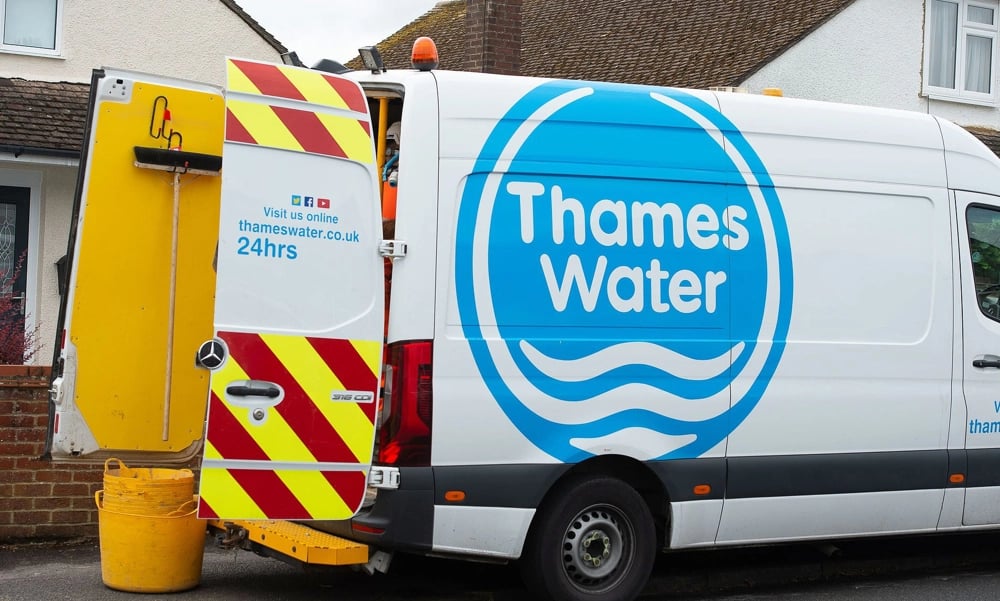Thames Water Bonds Plunge to Record Low Amid Government Contingency Plans
Debt securities issued by Thames Water Utilities Ltd have fallen to a historic low as investor confidence eroded sharply following government signals of possible intervention. The price of the company’s sterling-denominated bonds slid to 67 pence on Friday, marking a steep decline from 70 pence at the start of the month. The drop reflects heightened fears of a taxpayer-backed administration regime potentially replacing current corporate governance.
Market Reacts to Nationalisation Speculation
The renewed sell-off was triggered by comments from UK Environment Secretary Steve Reed, who stated last Thursday that ministers were preparing to activate a contingency framework for Thames Water. The proposal includes placing the utility under a Special Administration Regime (SAR), a legal structure that allows a temporary government-appointed administrator to run a company deemed critical to public interest.
Such intervention would be state-funded, bypassing shareholders and potentially impairing existing debt holders. Although SAR has precedent in the energy sector, applying it to the UK’s largest water provider would represent a rare move with deep implications for utility investors.

Structural Vulnerabilities Amplify Risk
Investor concerns have been mounting over Thames Water’s financial position, given its heavily leveraged balance sheet, estimated at over £14 billion in debt, and persistent operational challenges, including aging infrastructure and regulatory scrutiny over environmental compliance. A lack of clarity on refinancing strategies has further weakened market sentiment.
Key Drivers of Bond Market Instability
Comments by UK officials raising the likelihood of nationalisation;
Absence of a clear equity injection or private restructuring proposal;
High leverage and deteriorating liquidity ratios;
Persistent regulatory and environmental violations;
Market sensitivity to state intervention narratives.

Broader Market Implications
The bond market rout has extended beyond Thames Water, pressuring other UK utility names with similar risk profiles. Credit default swap (CDS) spreads widened on Friday for Southern Water, Yorkshire Water, and United Utilities $UU.L, reflecting contagion risk in the regulated water sector. Institutional investors are increasingly pricing in policy risk, as the Labour-led government's stance signals a potential shift away from the “light-touch” regulation traditionally afforded to privatized utilities. The immediate fallout may also lead to higher future borrowing costs for companies reliant on long-term infrastructure financing.
If SAR is activated, bondholders could face significant write-downs depending on the administrative approach and how the government manages the transfer of liabilities. Given the scale of Thames Water’s customer base, over 15 million across London and the Thames Valley, the outcome will likely serve as a litmus test for UK utility market governance.















Comments